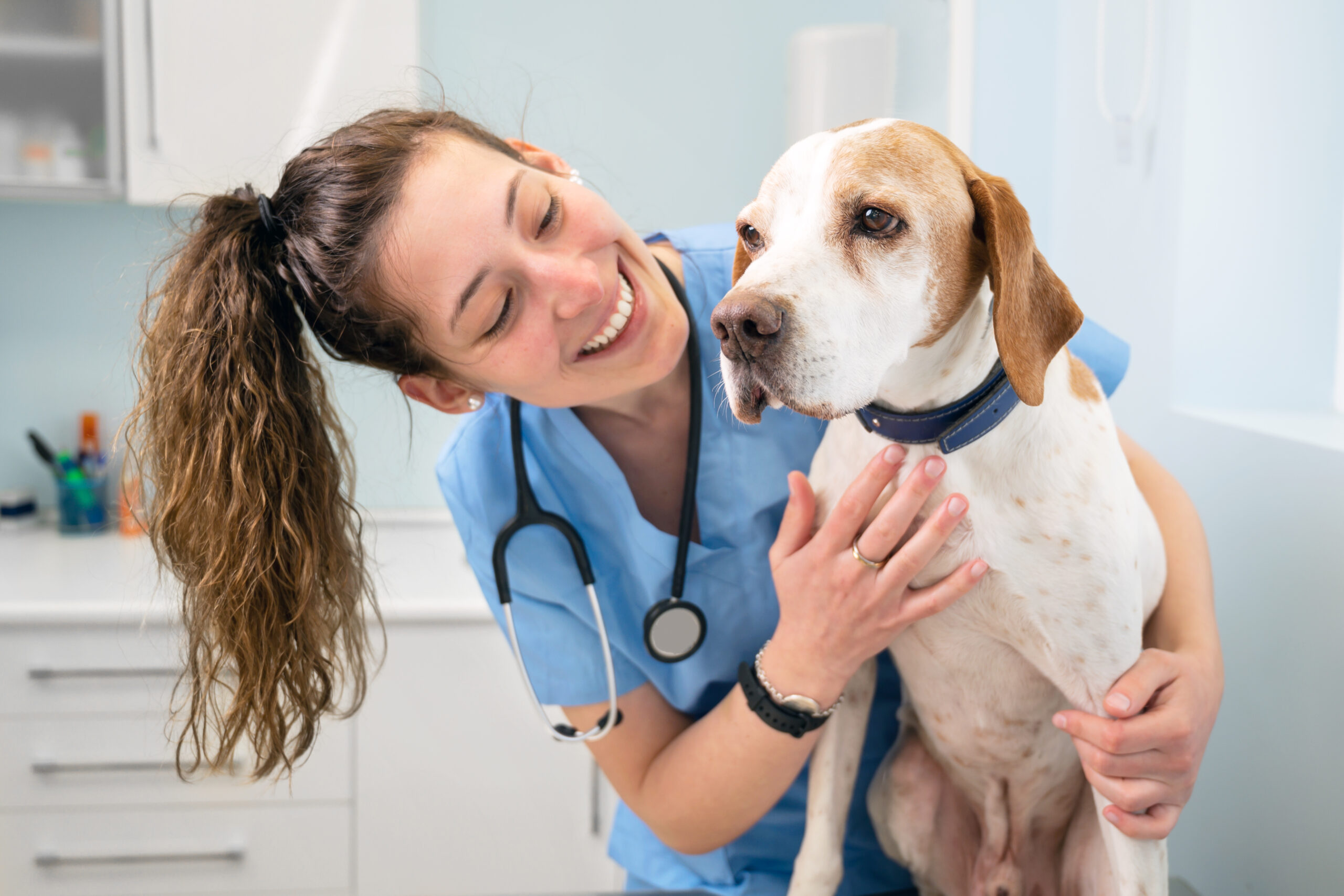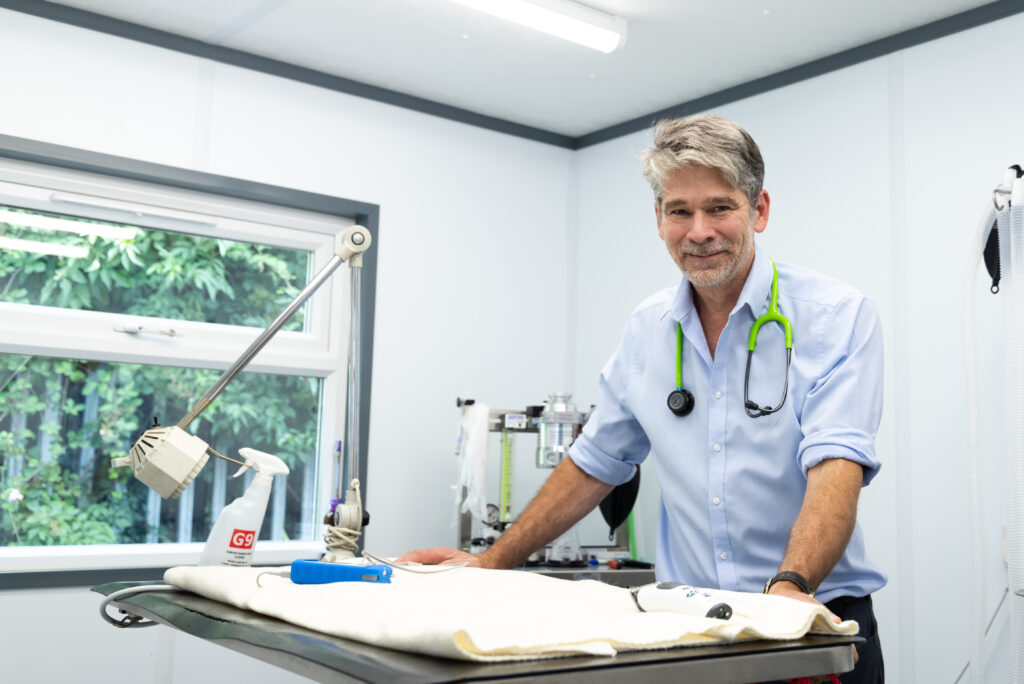
A Guide to Dog Neutering
Neutering is the term used for the surgical removal of the reproductive organs of both male and female dogs. Neutering has a number of benefits, including reducing the number of unwanted litters and therefore the number of dogs in rescues.
Female dogs are spayed – their ovaries and uterus are removed, while male dogs are castrated – their testicles are removed.
